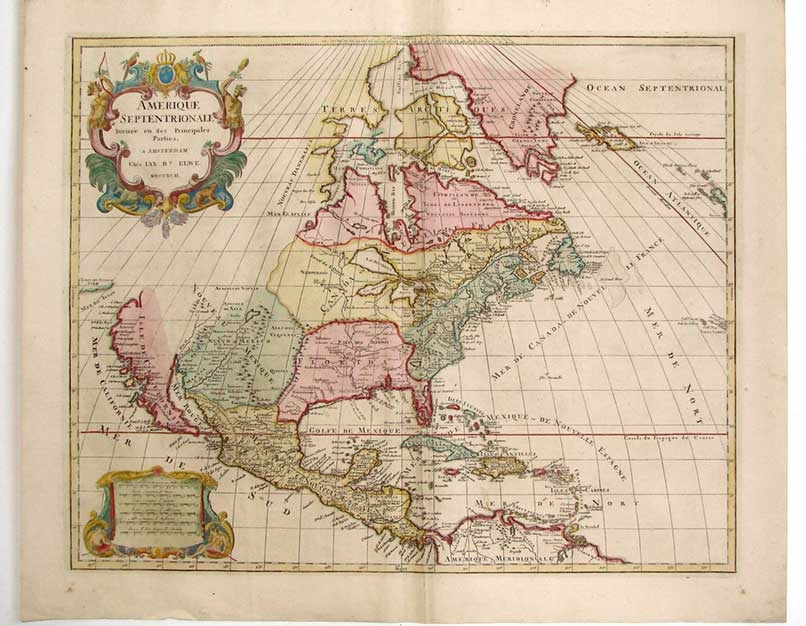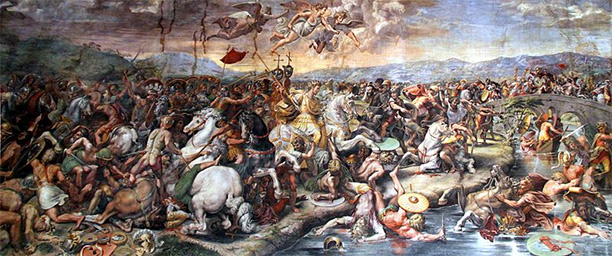
The word Algebra's history dates way back 825 AD to the Islamic golden age. The Islamic golden age was an intellectual primetime in the Middle East centred in Baghdad. 

During this time, many great Arabic scholars rose. A library known as the House of Wisdom was established to translate essential works of literature from diverse languages, including Chinese and Sanskrit, into Arabic. 

During this time, many of the greatest intellects in history rose to their peak. This included the great Abu Nasr Al-Farabi, who is known for translating the Greek philosopher Aristotle's works. 



However, arguably the most excellent intellect of this golden age is widely believed to be the Persian mathematician Muhammad ibn Musa al-Khwarizmi. 

Al-Khwarizmi who is also referred to as the father of Algebra wrote his book, Kitab al-jabr wa al-muqabalah, which roughly translates to the Rules of Reintegration and Reduction. The book was about various types of calculations in math and algebra which al-Khwarizmi studied. 

#WorldHistoryin3Points #ZacSangeeth
To read more about the Islamic golden age, and other great events in history buy my book at amzn.to/3siP2sr
To read more about the Islamic golden age, and other great events in history buy my book at amzn.to/3siP2sr
@HachetteIndia @myhistorytales @IndoIslamicPage @HachetteSchools @DreamBox_Learn @IXLLearning @BYJUS @khanacademy @clever @FirstInMath @myToppr @NextEducationIn #Algebra #IslamicGoldenAge #IslamicHistory #EducationHistory #HistoryofAlgebra #HistoricalThinkers #BooksinHistory
@threadreaderapp unroll
• • •
Missing some Tweet in this thread? You can try to
force a refresh


























